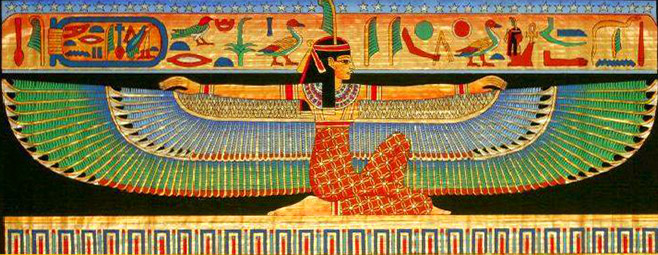- Joined
- Jul 17, 2020
- Messages
- 46,277
- Reaction score
- 24,796
- Location
- Springfield MO
- Gender
- Male
- Political Leaning
- Liberal
- trusts to the scientific method when it comes to understanding how the universe works and rejects the idea of the supernatural (and is therefore an atheist or agnostic)
- makes their ethical decisions based on reason, empathy, and a concern for human beings and other sentient animals
- believes that, in the absence of an afterlife and any discernible purpose to the universe, human beings can act to give their own lives meaning by seeking happiness in this life and helping others to do the same.

Humanism
Throughout recorded history there have been non-religious people who have believed that this life is the only life we have, that the universe is a natural phenomenon with no supernatural side, and that we can live ethical and fulfilling lives on the basis of reason and humanity. They have...
humanists.uk
I don’t see a problem with this.


